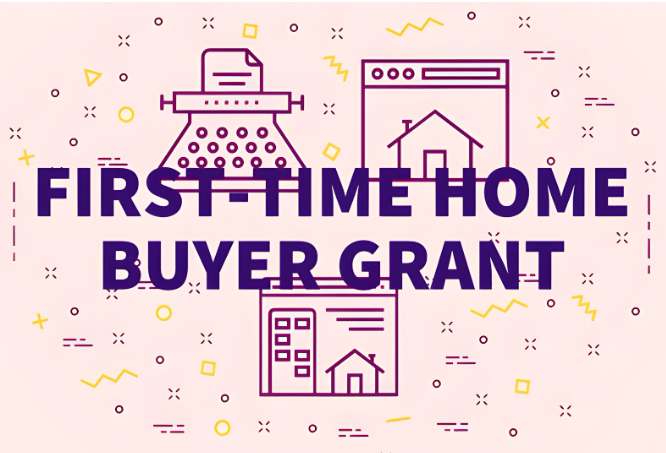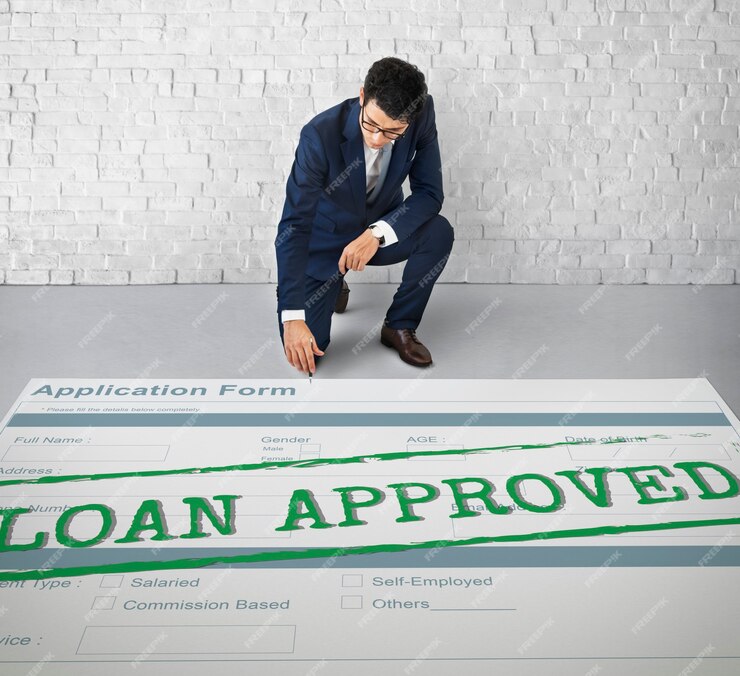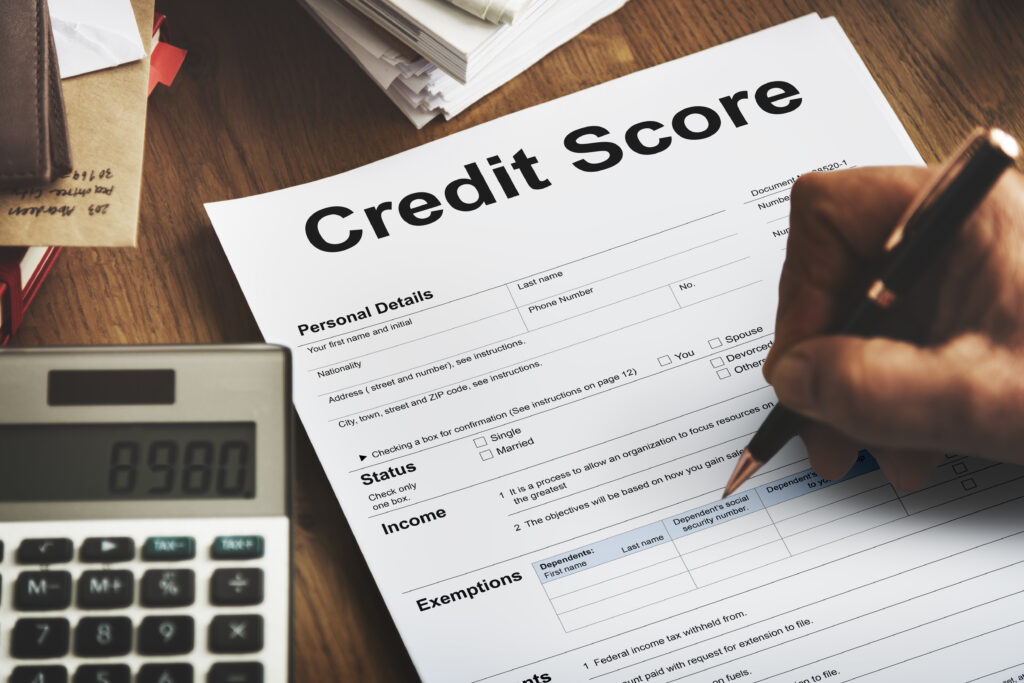Are There Any Grants for First-Time Home Buyers? Here’s What You Need to Know


First-time homebuyer grants offer financial assistance, making homeownership more accessible by covering down payments and closing costs. This blog highlights key grant options such as the National Homebuyers Fund, Bank of America’s Home Grant, Chase Homebuyer Grant, and Wells Fargo programs. It also explores state and local grants like HomeReady and Home Possible, which provide additional credits for eligible buyers. While grant eligibility depends on factors like income, home price limits, and residence status, these programs can help turn your dream of owning a home into reality. Contact us today for guidance on securing these grants and making the home-buying process smoother.
First-Time Home Buyer Qualifications: Steps to Secure Your Dream Home


Buying your first home can be both exciting and challenging. This blog shares six essential tips to guide first-time home buyers through the process, from checking your credit score and setting a realistic budget to securing mortgage pre-approval and saving for a down payment. It emphasizes the importance of preparing for closing costs, gathering necessary financial documents, and making timely payments to maintain good credit. Following these steps will ensure a smooth home-buying journey. For personalized assistance and expert advice on how to qualify as a first-time home buyer, contact us today!
Essential Downsizing Home Checklist: Make Your Transition Effortless


Downsizing your home is a chance to refocus on what truly matters, but it requires careful planning. This blog outlines a comprehensive 7-step downsizing checklist to help ease the process. Key tasks include organizing essential paperwork, notifying relevant institutions of your address change, and packing with efficiency—labeling boxes and creating an inventory list. Don’t forget to coordinate utilities transfer, make an emergency kit, and consider donating or disposing of unneeded items. By following this checklist, you can declutter, simplify, and prepare for your next chapter in a serene, compact living space. Contact us for expert downsizing services.
FHA Loans for a Second Home: Requirements and How to Qualify


Yes, you can secure an FHA loan for a second home, but specific requirements must be met. Your second home must be at least 100 miles away from your primary residence, and you’ll need a credit score of at least 580 to qualify for a 3.5% down payment. FHA loans offer lower down payments, more lenient credit requirements, and potential tax benefits, making them ideal for second homebuyers. However, you’ll need to prove a legitimate reason for needing a second home, such as job relocation or family expansion. Consult a mortgage lender to explore your options and maximize your chances of approval.
Choosing Between FHA 203(k) and 203(b) Loans: What You Need to Know


The FHA 203(b) loan is ideal for move-in-ready homes requiring minimal repairs, offering lower interest rates, faster closing, and lower costs. On the other hand, the FHA 203(k) loan is tailored for homes needing significant renovations, combining the mortgage with repair costs into one loan. While 203(k) loans come with higher interest rates and longer closing times, they cover essential and structural repairs. Choosing between these loans depends on the condition of the property and your renovation needs. Consult a professional lender to determine which FHA loan best suits your financial situation and home purchase goals.
Everything You Need to Know About FHA 203(b) Loans for First-Time Buyers


The FHA 203(b) loan, insured by the Federal Housing Administration, is designed for first-time homebuyers seeking affordable financing. With a low down payment of 3.5%, flexible credit requirements, and affordable mortgage insurance, this loan makes homeownership accessible, even for those with lower credit scores. Ideal for move-in-ready homes, the loan covers essential repairs like roof or HVAC upgrades but is not suited for extensive renovations, which require an FHA 203(k) loan. Though it comes with closing costs and mortgage insurance premiums, the FHA 203(b) loan remains a popular choice for buyers who need fast, low-cost financing. Contact an FHA-approved lender like Munshi.biz for expert guidance.
Pros and Cons of Hard Money Rehab Loans


Hard money rehab loans offer quick, flexible financing for real estate investors looking to renovate distressed properties. With fast approval, accessibility for borrowers with low credit scores, and short-term durations, these loans provide a competitive edge. However, they come with higher interest rates, substantial down payments, and shorter repayment periods, posing risks like foreclosure and over-leveraging. To mitigate these challenges, investors should develop a solid exit strategy, choose the right lender, and maintain a contingency plan. Hard money rehab loans can unlock profitable opportunities, but careful planning is crucial for success. Contact Munshi Biz for expert guidance on navigating these loans.
Types of Hard Money Rehab Loans and Their Specific Uses


Hard money rehab loans offer real estate investors fast, flexible financing to renovate distressed properties for resale or rental income. These asset-based loans come in various types—bridge loans, fix-and-flip loans, construction loans, rental rehab loans, and more—tailored to meet specific project needs. With quick approval and high loan-to-value ratios, they provide a competitive advantage, though at higher interest rates (9.5%-14%) and shorter terms (6 months to 2 years). Hard money rehab loans are ideal for investors looking to capitalize on property appreciation, rental income, or house flipping. Choose the right loan type based on your project’s goals to maximize profitability and streamline funding. Contact us for expert advice on securing your next hard money rehab loan.
The Ultimate Guide to Hard Money Rehab Loans


Hard money rehab loans are short-term, asset-based loans designed for real estate investors seeking quick financing to renovate distressed properties. With various types such as fix and flip, rental rehab, and construction loans, these loans offer flexible terms, fast approval, and funding without strict credit requirements. Backed by the property’s value, hard money rehab loans come with higher interest rates (9.5%-14%) but provide a competitive edge for investors looking to capitalize on time-sensitive opportunities. When choosing a lender, consider their reputation, interest rates, fees, and loan terms to ensure a smooth borrowing experience. These loans are ideal for investors aiming to maximize returns on real estate investments.
No Credit Check Hard Money Lenders: Myths and Realities


Hard money lenders that offer no credit check loans focus more on property value and ROI rather than the borrower’s credit score. However, myths around no credit check lending persist. Contrary to popular belief, these lenders conduct background checks, evaluate exit strategies, and offer flexible terms based on the borrower’s financial stability and experience. Licensing requirements still apply, and loan amounts are limited by property value, typically determined by the After Repair Value (ARV). Borrowers must research lenders for favorable terms, considering interest rates, LTV ratios, and fees. No credit check hard money loans are ideal for borrowers with poor credit, offering a fast alternative to traditional loans.
